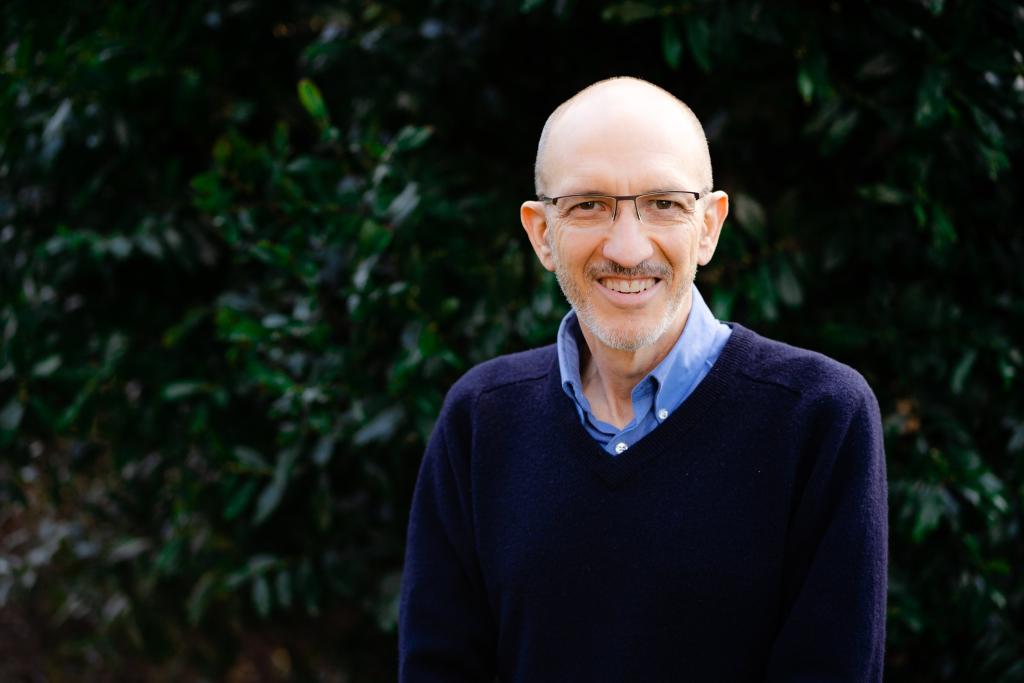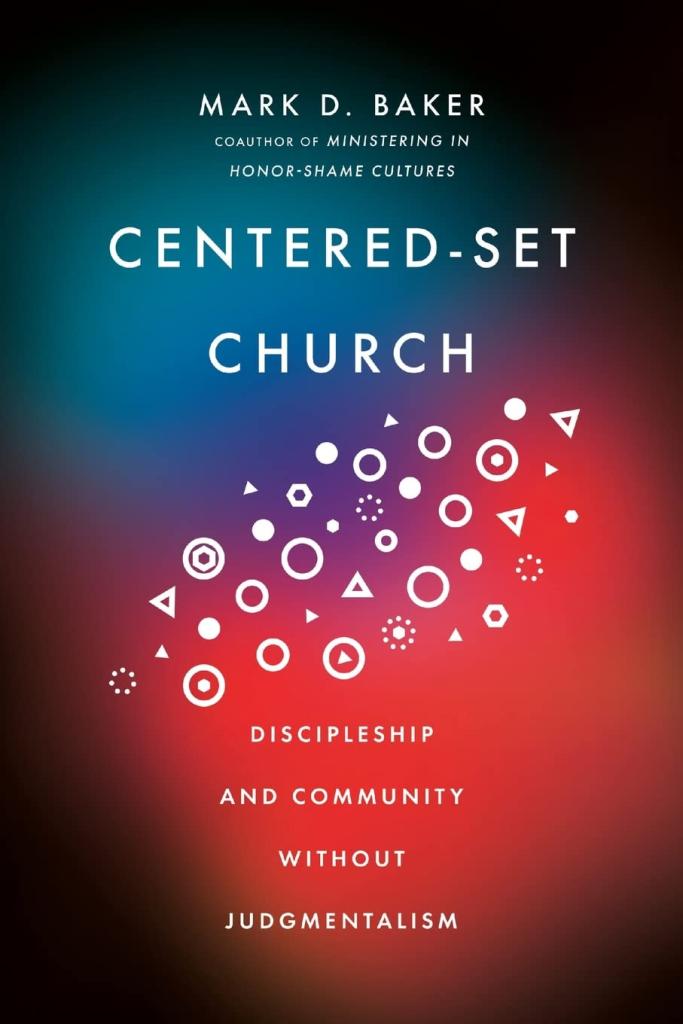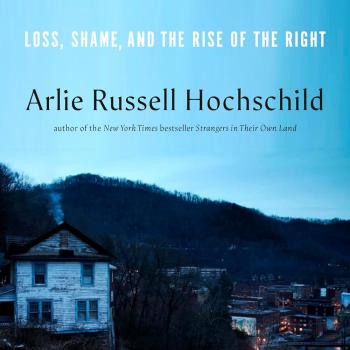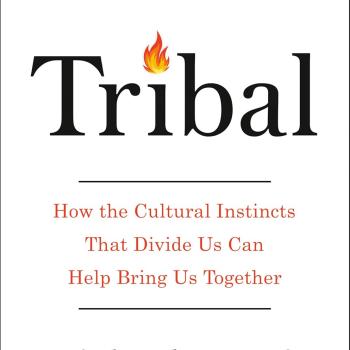In my previous post, I explained the primary distinction between bounded-set churches, fuzzy-set churches, and center-set churches. Today, we’ll look at why it matters that your church is one kind of church rather than another.
Mark Baker’s Centered-Set Church: Discipleship and Community without Judgmentalism is a long-needed resource for Christians who want to reevaluate fundamentally how churches exist. And I’m not talking about developing a radically different ecclesiology (i.e., the doctrine of the church).
Instead, Baker guides readers to pay attention to the subtle ways that our subculture and subconscious assumptions undermine our efforts to be the church in practice. What’s more, his book even has implications for evangelism.
What Fruit Do Churches Bear?
Those who advocate each mode of being church (i.e., bounded, fuzzy, center-set) have reasonable concerns that should not be ignored. Still, each tends to bear certain types of fruit, and not all of them are good. Throughout the Centered-Set Church, Baker takes readers on a study of Galatians, using it as a test case for these different modes of being church.
Bounded-set churches focus much of their energy on establishing and maintaining boundaries. Numerous things together form lines that underscore the distinction between “insiders” and “outsiders.” These include confessional statements, codes of conduct, and informal expectations about what people should do, say, or think.

Indeed, churches should care about beliefs and behavior, but bounded churches are prone to forget maturity and discipleship are processes. Furthermore, they confuse unity with uniformity. Baker laments that the appearance of unity (= uniformity) is superficial and eventually leads members to define themselves in contrast to outsiders rather than in relationship to Jesus.
On the other hand, fuzzy-set churches seemingly define themselves by what they’re not. They’re not bounded-set churches. This mentality is often born from hurtful experiences of exclusion and shaming. Nevertheless, they lack any positive vision for what they aim to be.
Fuzzy-set churches conflate love and tolerance because they drink deeply from the wine cup of individualism and relativism. The fear of judgmentalism chokes out their hunger to become more like Christ in all of life. Baker adds,
“The individualism of a fuzzy set church has a compounding affect. As individualism increases, attendance becomes more sporadic. Being alone together is less compelling than being part of a group identity, and this reality further undermines an individual’s commitment to the church.” (p. 36)
This life script of a fuzzy-set church is so predictable because it’s been repeatedly played out countless times.
The Nature of a Centered-Set Church
There are several ways that the centered-set paradigm contrasts and improves upon bounded- and fuzzy- thinking. I’ll only mention a few.
Firstly, “a centered church has an invitational character,” contra bounded churches, yet it is “not universally inclusive,” contra fuzzy churches (p. 47). Baker often uses the analogy of people playing soccer. It has distinct and vital rules (just as centered churches absolutely care about doctrine and moral conduct).
However, if someone decides that they want to play rugby or baseball, the centered players will intervene. They will explain why individuals can’t simply do whatever they want with the ball. At the same time, centered groups invite people to join in their “soccer game.” Even if prospective players misunderstand the rules or lack ability, they can participate in the activity so long as they orient themselves on the rules of soccer and seek to make progress in helping their team achieve its goals.
The attitude shift is monumental. Whereas centered churches value discernment, patience, and wisdom, a bounded church
“builds its identity by differentiating itself from others and putting them down. Judgmentalism is a fundamentally selfish action because it accrues worth for oneself at the expense of others… The lines of division in bounded churches do not make space for nuance or complexity in a person’s life.” (p. 49)
Boundaries, Baker says, are not bad in themselves. It’s how people use boundaries that distinguish the three groups.
Bounded churches exhaust their members and alienate outsiders. They imbue fear and stifle vulnerability and authentic community. By contrast, centered churches foster trust as members appreciate the fact that genuine believers are on an imperfect journey.
How have you seen these dynamics play out in the churches you’ve belonged to? How do you think shifting our paradigm might affect how we do ministry?
If you want to think more critically about these questions, get people together and read through Baker’s suggestions and reflections. Even where you disagree with him, you’ll find the conversation constructive.













